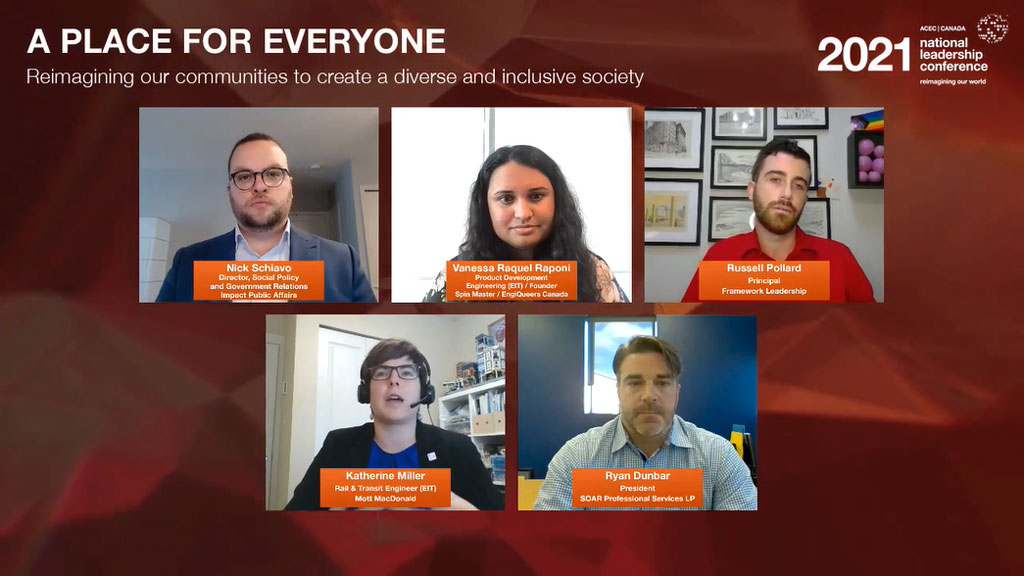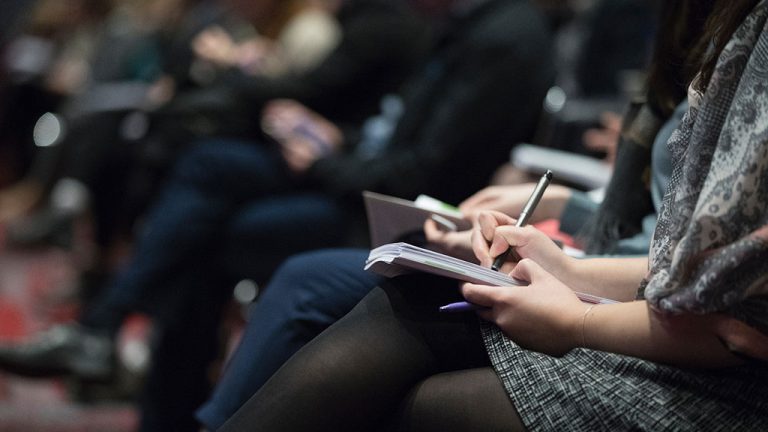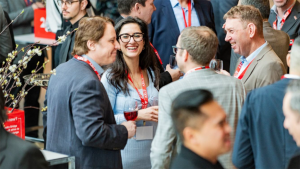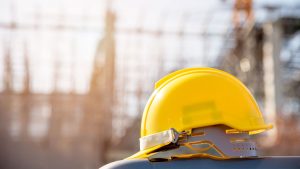A group of equality, inclusion, and diversity (EDI) advocates met virtually to discuss how the engineering sector can better support its workers as part of the Association of Consulting Engineering Companies -Canada national leadership conference recently.
Vanessa Raponi, a toy development engineer and founder of EngiQueers, spoke about her experiences as a queer woman of colour in the engineering sector. When she found there were few spaces of support for diverse engineers, she co-founded EngiQueers, a national non-profit that supports underrepresented groups getting into engineering.
“The challenge in this space is that transformation from talk to action,” said Raponi. “How do you take these ideas and run with them when you are going back into a system that is fundamentally not set up for your success? The answer is a lot of hard work.”
She said holding case competitions, having internships targeted at underrepresented groups and having concrete policies that support those groups are key. Raponi highlighted one global engineering company that has an official policy that no matter what a country’s local laws or customs are, they will not discriminate against gay employees.
“It’s about holding your boundaries and expectations firm regardless of what might be acceptable in another environment,” she said.
Raponi explained the decision to be openly queer is a constant struggle.
“The thing challenging about being queer are there are reasons out there that are considered OK to discriminate. Like religious or political reasons,” said Raponi. “I’ve experienced it so many times. The second I come out as queer I’m giving them the opportunity to shut down conversations with me forever. That’s a risk I take in every interaction. It feels very vulnerable to give someone power to treat you differently based on a piece of information.”
She encouraged everyone in the engineering sector to reflect on what immediate power they have personally or professionally to take action against discrimination.
Russell Pollard, a leadership consultant and principal with Framework Leadership, is an expert in EDI training. He explained EDI is beginning to become a central focus of engineering firms rather than a peripheral one.
“The conversations have been happening, but now it is something people are paying attention to,” he said.
Pollard and his team conducted research on EDI in the consulting engineering sector and found that 52 per cent of respondents said they witness or were subject to discrimination. He said there have been calls for anti-racism mechanisms to be implemented into publicly procured projects or normalizing bringing in EDI experts early on in a project to set expectations.
“Those are some possible ways forward,” Pollard said.
He advised the sector to support its diverse members now so that they can reach out to their communities about how welcome and inclusive it can be.
Ryan Dunbar, president of SOAR professional services and an advocate for Indigenous access to engineering careers, spoke about the unique barriers Indigenous people face and how the industry can help break them down.
Dunbar, who is a member of the Kingsclear First Nation, said it took him years to be open professionally about his First Nations background.
“I don’t think it would have been helpful,” said Dunbar. “It took years to get that confidence.”
He explained conversations are happening about reconciliation, but they often skip over economic empowerment.
Dunbar explained historically Indigenous communities were hit with many layers of economic obstacles and have limited ways to generate revenue. But it is beginning to change.
“The economy of Canada is shifting to be more inclusive,” said Dunbar. “The opportunities that were present just a few years ago will be limitless. The progression is substantial.”
But many Indigenous youth don’t even realize there is a world of consulting engineering careers waiting for them and there is a misconception that Indigenous communities can’t afford to send anyone to university.
Dunbar said the key is to educate young Indigenous people about what careers are out there and provide more opportunities for them to reach them.
Katherine Miller, an engineer with Mott Macdonald, called on the industry to recognize barriers to underrepresented groups and to facilitate conversations.
“We need to recognize there are systemic and historical things that have contributed to what our industry looks like,” said Miller. “We do need to think about the barriers that are contributing to someone’s journey to get in the door and recognize that there are individuals who don’t have access to know what engineering is. We need to raise that awareness and change the perception in society of who participates in engineering.”
Follow the author on Twitter @RussellReports.











Recent Comments
comments for this post are closed